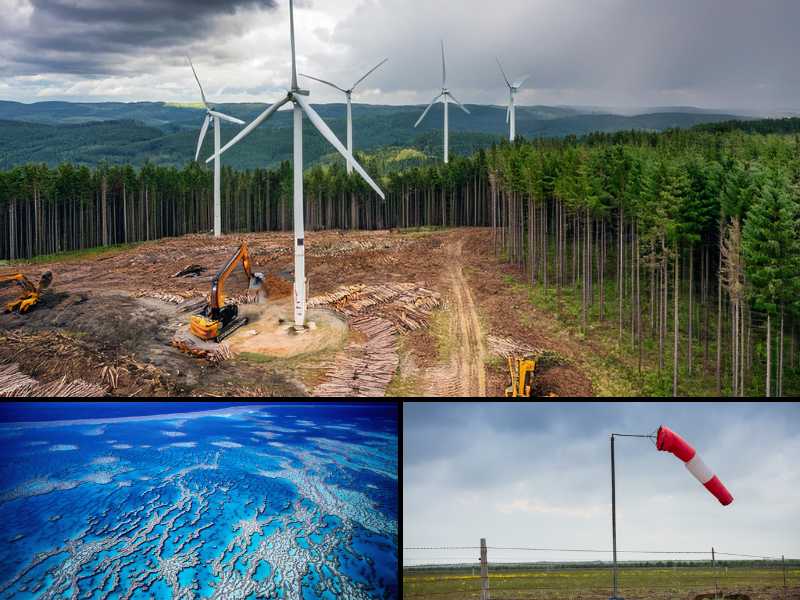In her new study, Dr. Lisa McKenzie of the Colorado School of Public Health claims to have identified a link between childhood leukemia and oil and natural gas development. The research has already generated a flurry of headlines and outrage against the traditional energy industry, but serious flaws in the study discovered by top medical professionals in Colorado have led them to condemn the research, calling its conclusions “misleading.”
The ailment in question is childhood acute lymphoblastic leukemia (ALL), a disease that causes a person’s bone marrow to create too many immature white blood cells.
In an official statement, Dr. Larry Wolk, the head of the Colorado Department of Public Health and Environment (CDPHE), asserted the new study does not prove or establish a connection between childhood cancer and oil and gas development, because state health officials discovered several flaws in the methodology used by the researchers. According to Wolk, these flaws are so numerous they discredit the study’s findings.
To determine if oil and gas activity is causing increased rates of ALL, researchers must eliminate other possible risk factors that could be causing children to get sick. There are a multitude of genetic and environmental factors that may increase the risk for ALL, but McKenzie failed in her study to take these factors into consideration when drawing her conclusions.
Among the genetic factors that increase the risks of developing childhood ALL are having certain genetic conditions, such as down syndrome, neurofibromatosis type 1, Bloom syndrome, Fanconi anemia, Ataxia-telangiectasia, as well as experiencing certain changes in chromosomes or genes.
Potentially dangerous environmental factors include being exposed to X-rays before birth, exposure to radiation, and past treatment with chemotherapy.
It’s also notable the study did not take a patient’s past medical history into account. This means the researchers never examined patients to see if they were exposed to potentially cancer-causing compounds — such as benzene, which can appear near oil and gas operations. Instead, the study relied on the highly questionable practice of examining administrative hospital data, which are wrought with problems.
Studies of this nature are routinely criticized as “data dredging” studies, also called “p-hacking.” Studies with data dredging occur when researchers test many variables, sometimes hundreds of variables, until they find statistically significant but tiny correlations. These minuscule associations are then widely reported as gospel, even though studies of this nature are almost never replicated, which is a serious problem because replication is needed to make sure results are valid and reliable.
Although McKenzie’s research is deeply flawed, Colorado health officials take the possibility of negative health impacts associated with oil and natural gas development very seriously, which is why CDPHE has conducted air-quality testing during the past six years in areas with large amounts of oil and natural gas development. CDPHE did this to ensure harmful chemicals related to drilling operations are not putting people at risk. Thus far, 10,000 individual samples show benzene exposures are within the Environmental Protection Agency’s generally acceptable cancer risk range and are similar to those experienced in Denver, proving they do not post a significant health risk.
Another glaring flaw identified by Wolk and other medical professionals at CDPHE is the fact there were in the McKenzie study “no increases in leukemia in oil and gas developed counties vs. those that don’t and vs. the statewide expected average.”
Data-dredging studies of this nature are overly simplistic and irresponsible, and they are the intellectual equivalent of a child concluding, without considering any other possibilities, that because there are gifts underneath the Christmas tree, Santa must have brought them.
Families living near oil and gas operations should understand the reasons why this study is flawed and follow Wolk’s advice to disregard the findings.
[Originally Published at the Denver Post]





